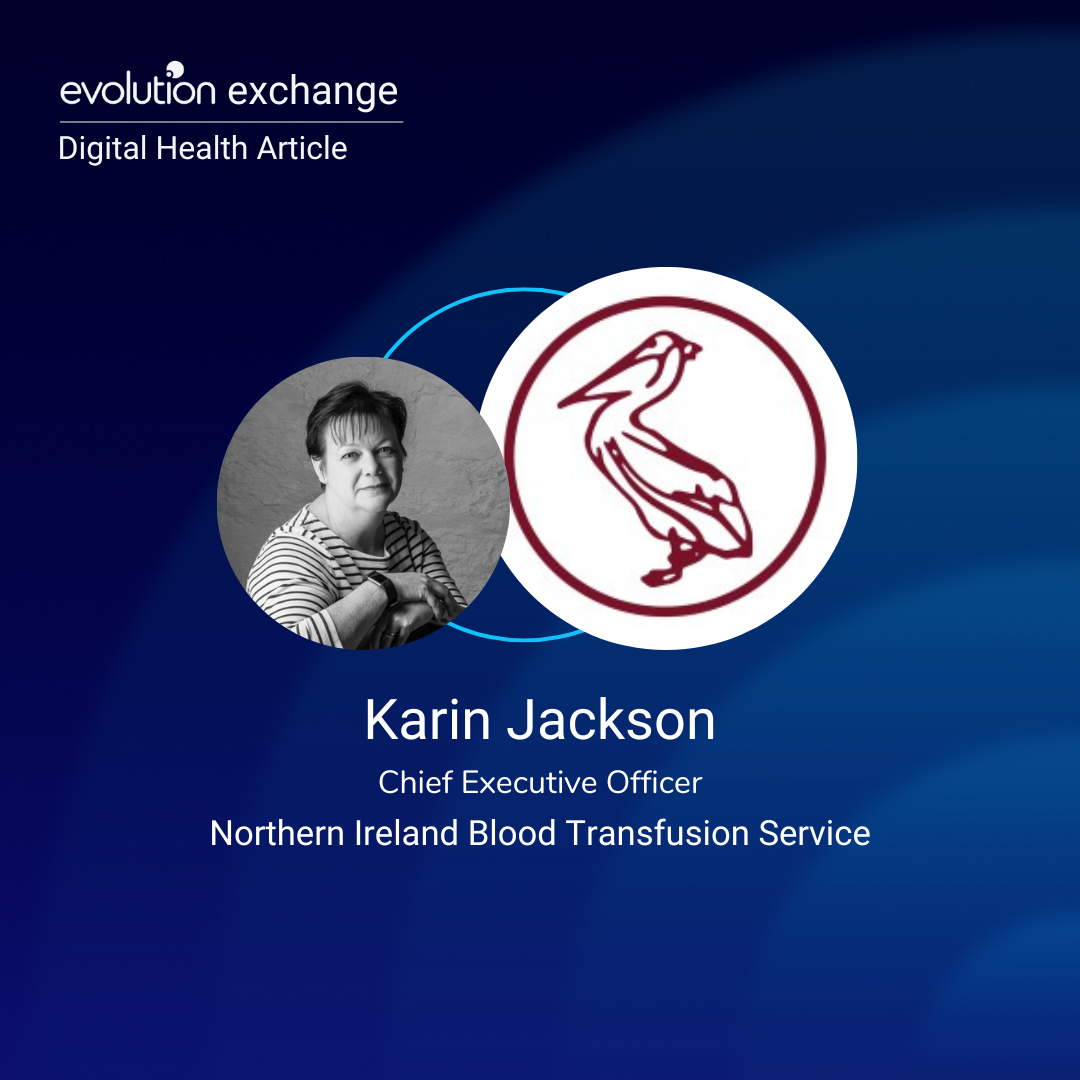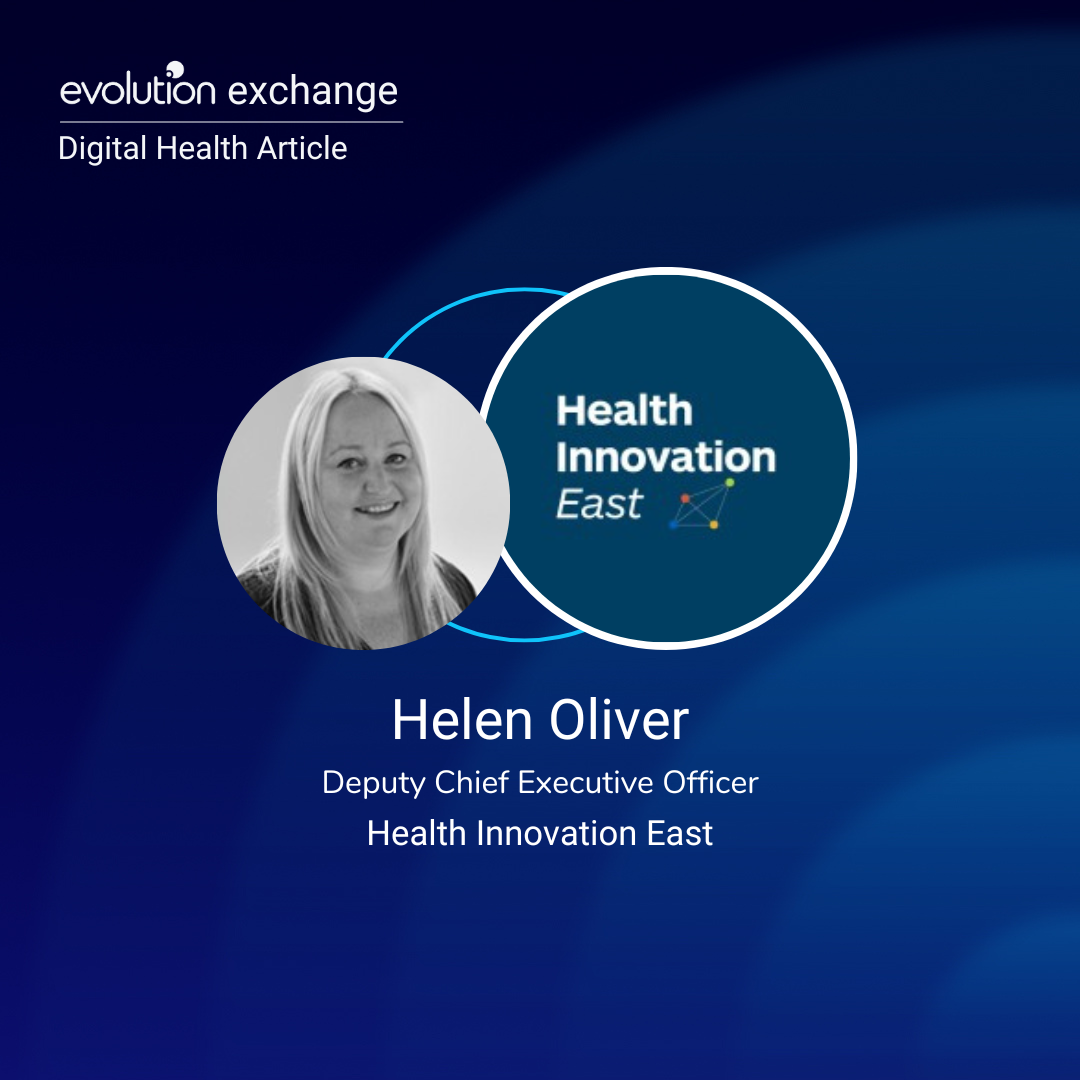Breaking Ground in Engineering
Growing up in South Wales, Karin Jackson was one of only three women in her 75-student mechanical engineering class at the University of Liverpool. Her path to engineering was influenced by her father’s unwavering support. “I said, ‘Dad, they want me to look at engineering,’ and he said, ‘Well, why wouldn’t you?’ And I said ‘because I’m a girl’ – you could see the anger in his face and he said, ‘I never want to hear you say that again.'”
This early lesson in breaking gender barriers would serve her well as she entered the male-dominated world of manufacturing at Ford Motor Company. As the only woman on the factory floor, Karin worked as a process engineer and shift leader, managing operations around the clock including shifts from 7 PM to 7 AM. “I actually enjoyed the out of hours shift work,” she recalls. “People generally, particularly on the night shift, just wanted to get on and do the job.”
Navigating Career Transitions
When the manufacturing base in Northern Ireland contracted in the early 2000s, Karin made what she describes as “probably the only conscious career decision I ever made” – transitioning to healthcare. She secured a role in postgraduate medical education and research governance, leveraging her experience with quality management systems.
“I was the surprise candidate,” she notes. “I was the external candidate that had no knowledge and experience in health. Whereas all of the other candidates were from a health background, and I scored highest at the interview.”
Leadership Philosophy
Now serving as Chief Executive of the Northern Ireland Blood Transfusion Service since 2016, Karin emphasises that technical expertise alone doesn’t make a great leader. “Just because you are a technical expert in your specialty, you won’t automatically become an excellent leader. You have to learn and develop those skills in the same way as you learnt and developed your technical expertise.”
Her leadership style is grounded in authenticity and empathy. “The core element is how you lead people to deliver a common purpose,” she explains. “First of all, how you identify what the common purpose is, and then how you lead people to deliver on that.”
Overcoming Personal and Professional Challenges
Karin’s leadership approach has been shaped by both personal and professional challenges. She lost her mother to cancer at age 17, struggled with fertility issues, and faced career setbacks, including being passed over for roles during pregnancy. These experiences have informed her compassionate leadership style.
“The best advice I was given was you only come through this journey once and you’ve got to do it in a way that you can live with,” she reflects.
Authentic Leadership
While Karin has often described herself as an “accidental chief executive,” she emphasises the importance of authenticity over pretence. “I have always been of the view that it is better to be open and honest about what you do and don’t know.”
She advocates for a leadership style that combines process-oriented thinking with emotional intelligence. “You need to lead the people aspect very empathetically and compassionately because, often, people in these environments find it difficult to shift from where they currently are to where they need to be.”
On Imposter Syndrome
Interestingly, Karin’s perspective on imposter syndrome differs from many female leaders. “I don’t have a clear memory of experiencing imposter syndrome,” she reflects. “Not because I felt that I couldn’t do the job but more that I fell into the role rather than had a clear plan and desire to be a CEO.”
She advocates for honesty about one’s knowledge gaps: “People you work with will know when you’re winging it and you will do more harm than good to your reputation if you try to bluff your way through.”
The Role of Mentors and Coaches
Karin strongly believes in the value of both mentorship and coaching, particularly as one advances in their career. “I think it’s essential to at least have a coach. Someone who is independent of what you do and can guide you and coach you through your challenges,” she says. “Someone with whom you can find a safe space to talk through these challenges and share your thoughts.”
She distinguishes between the roles of mentors and coaches: “Mentors equally are important — particularly in the earlier stages of your career when you are still learning the ropes and, perhaps, need a little more direct guidance rather than facilitation to find the solutions yourself.”
Advice for Aspiring Leaders
For those looking to advance in pathology and healthcare technology, Karin emphasises the importance of gaining hands-on leadership experience early. “Take the opportunity early on in your career to lead and manage staff. There is no substitute for experience. Be prepared to make mistakes on a small scale which will be enormously helpful as you progress your leadership career.”
She also stresses the value of continuous development: “Leadership is not linear and is full of complex, wicked problems as well as human and political dynamics! In your annual appraisal or development review, identify at least one thing that is focused on developing your leadership skills.”
Breaking Barriers in Healthcare Technology
Karin believes that experience in healthcare technology and pathology provides valuable, transferable skills that are sometimes undervalued. “If you think about what we do in terms of governance, quality management, incident management, trends analysis, process flows and so on, there is a huge amount that the wider system could learn from the approaches taken in pathology and technology where there is often no scope for error.”
Her journey from the factory floor to healthcare leadership demonstrates that success comes not from fitting a predetermined mould, but from bringing one’s authentic self to the role. As she puts it, “At the end of the day, I’ve got to look in the mirror and look at my reflection and be comfortable with the decisions I’ve made.”






























